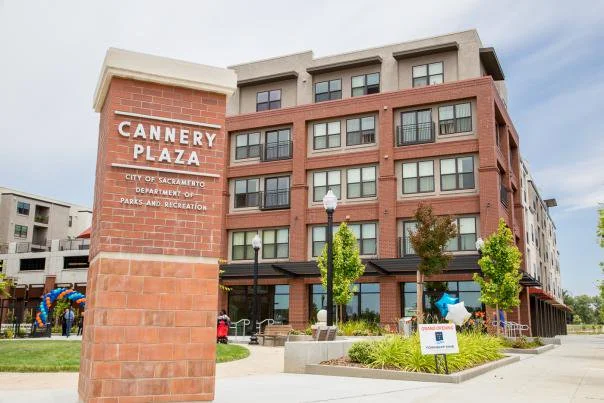Mayor Steinberg to present proposals tonight to help Sacramento renters
Message from Sacramento Mayor Darrell Steinberg
Tonight my colleagues and I on the Sacramento City Council will be holding a housing workshop to talk about how we can help our community members struggling under significant rent increases. Here are some of my thoughts on the matter, and some information about the proposals I will be laying out tonight.
First, let me make it clear that I do not favor permanent rent control in our city. I believe building more affordable units is the only successful long-term strategy to stabilize rents and provide quality housing for Sacramentans at all income levels.
I also believe that permanent or onerous regulation could stifle the incentive to build more housing.
With the goal of increasing housing supply, I will propose at our City Council housing workshop on Tuesday, Sept. 3 a series of fee waiver and permit streamlining ideas to make it faster and easier to build more affordable and workforce housing. From significant cost reductions, to reduced parking requirements, to faster permit times, we can all agree that City government must do more to enable the private and non-profit sectors to build – and to do so without years of unnecessary delay.
Yet simply easing the path to new supply won’t produce results for years. How do we help the tens of thousands of people and families who can’t afford to wait? How do we address the plight of real people who are one rent hike away from losing their homes?
The Cannery Place affordable housing complex opened in 2015 in Sacramento's River District.
Sacramento’s rent trends are troubling. In 2017, renters in our city experienced an average increase of 9 percent, the highest year-to-year increase in the country.
Too many people in our community struggle under an excessive rent burden. Among Sacramento’s 95,000 renter households, 49,167 spend more than 30 percent of their income on rent. More than 26,200 of these people pay the landlord more than half of what they earn.
No City Council district is immune. Fifty-one percent of Sacramento’s rental households are considered burdened by more housing costs than they can afford.
This means there are tens of thousands of people suffering in our community. We can’t ignore their plight.
So we face a delicate set of choices. How do we as a city not harm our imperative to build more housing, ensure property owners make a fair return on their investments, and protect renters who through no fault of their own are forced to choose between paying the rent and paying for other essential life expenses?
There are two lead choices that multiple stakeholders and I have quietly discussed over the last many months. Some leaders in the business community have made what they call the 3-3-3 proposal. Essentially, the owners of 1,000 to 2,000 units in the city would opt in to a voluntary rent cap of 3 percent per year. The city would subsidize an additional 3 percent. That means the landlord would receive a maximum increase of 6 percent per year while as many as 2,000 households would have their rent increases stabilized at no more than 3 percent per year.
The city contribution amounts to about $450,000 per 1,000 participating units.
This proposal has merit. It could protect 1,000 – 2,000 renters and their families, and because of this I could support it despite the public investment.
But the business proposal is insufficient. The City and its taxpayers can’t afford to help everyone who needs it, so the scope of this voluntary program would have to be limited. It would cost the City about $11.8 million a year to help all of those spending more than half their income on rent, the population considered severely rent burdened.
There is a second approach that could help those suffering now without creating permanent or even long-term rent stabilization in Sacramento. I would support a temporary, 5 percent cap on annual rent increases that would remain in place for three years. It would apply only to those units 20 years or older so we don’t discourage developers from building new housing.
I would support allowing a higher rent increase to pay for necessary improvements and repairs. I would not support a separate rent board, as any dispute could more efficiently be addressed by a city hearing officer. I would support a limited informed notice requirement that would reduce unnecessary evictions but not allow any private rights of action or remedies other than the unlawful detainer process. I would support exempting all owners who own five or fewer units.
Neither of these proposed solutions is perfect. But we are living through a crisis. Too many of our people are ending up on the street or making desperate choices to keep a roof over their heads. Not only is this a burden on our collective conscience, it ends up costing us more in the long run when they wind up using publicly funded social service programs.
We can work to find the correct balance between pushing the development of more affordable housing and protecting as many people as we can now during this most difficult time for so many.
Our City Council housing workshop will allow the opportunity for other ideas, which I welcome. I will not bring any resulting ordinance back for a vote before the November election, whose ballot includes a measure, Proposition 10, that would repeal statewide limits on rent control.
I am confident we will find a path that will enable our city to grow a robust and modern economy while always committing in word and deed to include everyone -- no matter their station in life.
Thank you,
Darrell Steinberg





